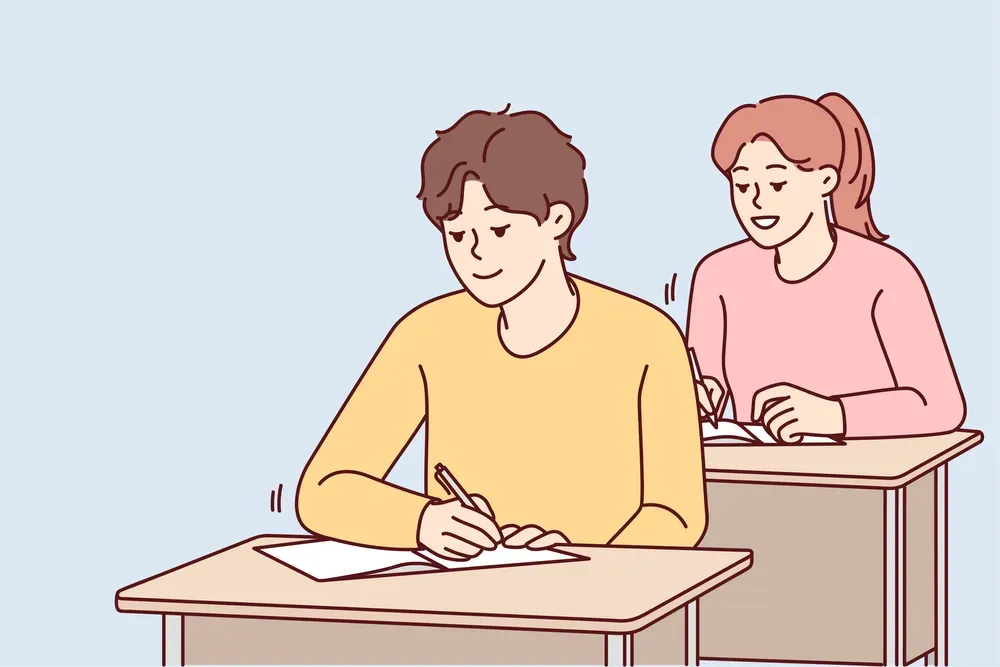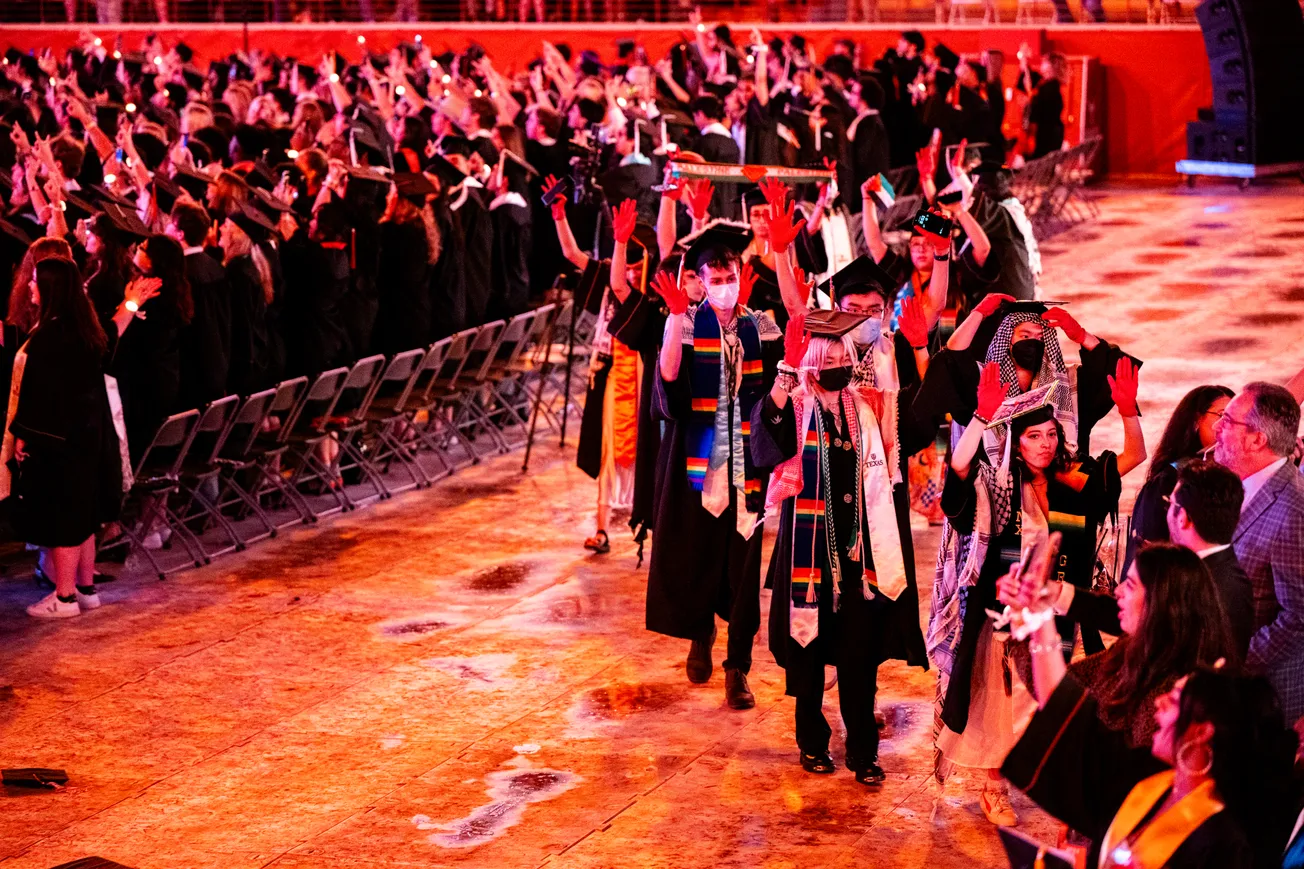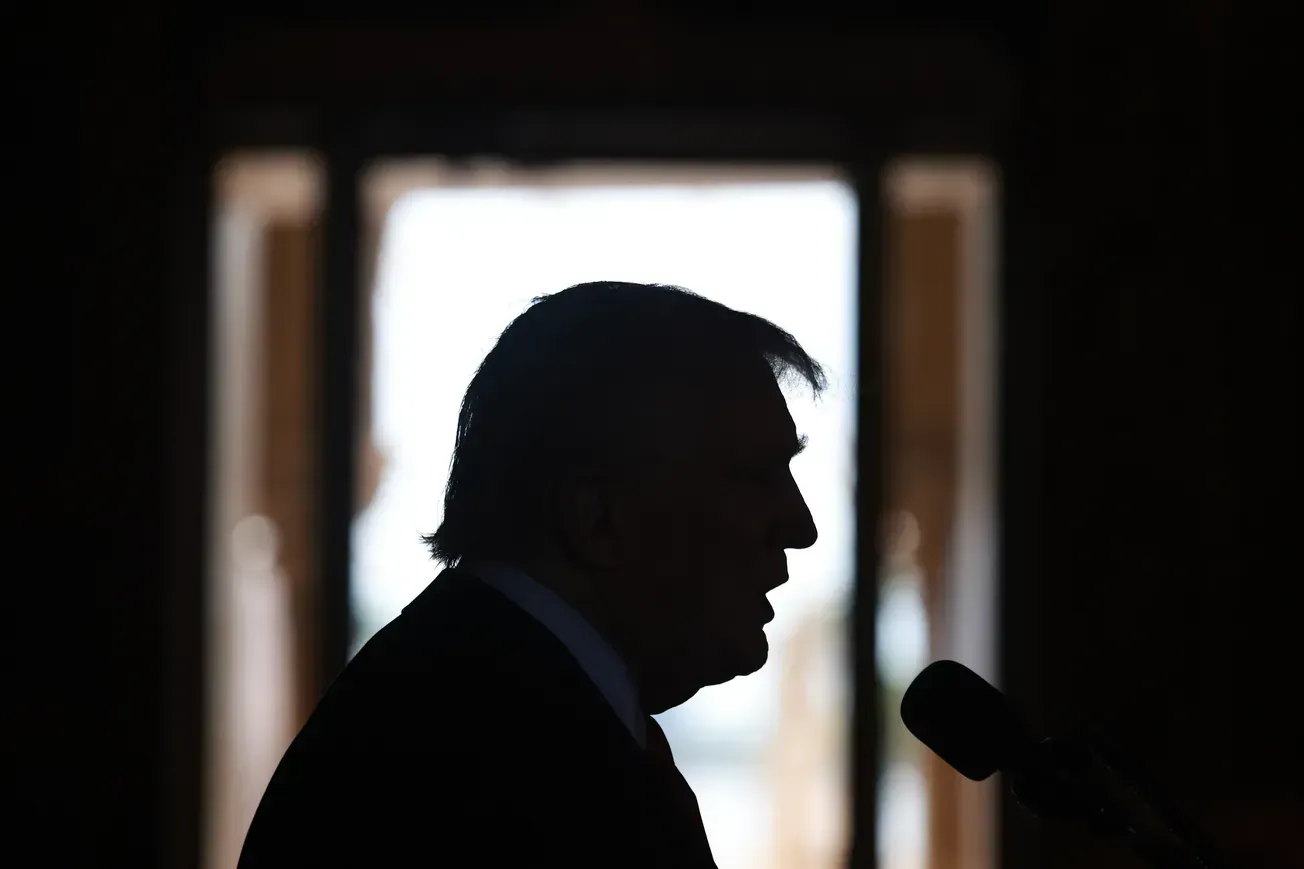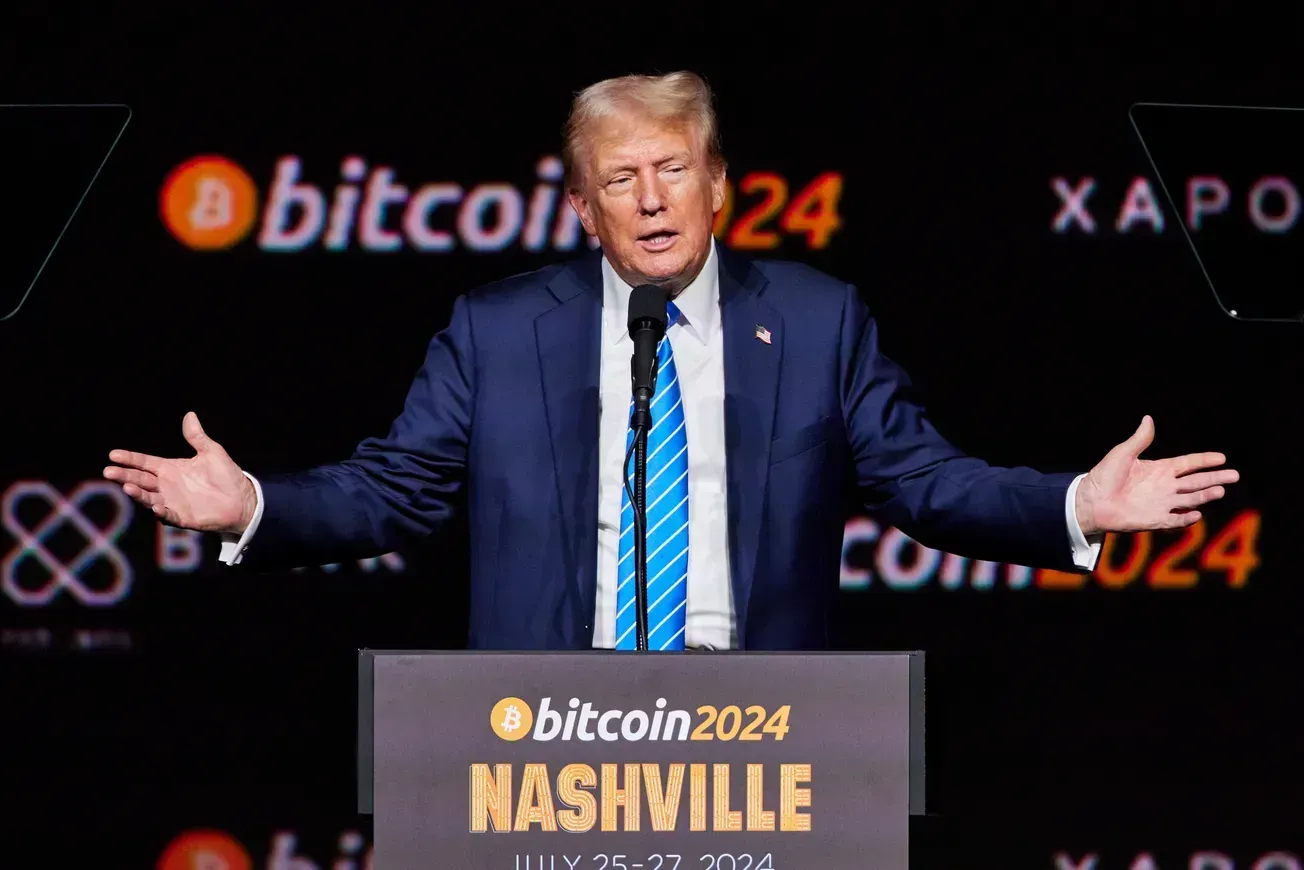- The U.S. Supreme Court declined to hear a case challenging the Optional Practical Training (OPT) visa program
- OPT allows international students to work in the U.S. for up to three years after graduation
- OPT attracts students to America, benefiting U.S. colleges financially
- OPT can potentially exploit students with low wages and long hours
- OPT's 15% payroll tax exemption provides employers an incentive to hire foreigners over Americans, impacting the job market
On October 3, the United States Supreme Court gave international students a welcome reprieve they had long sought. By declining to hear a case brought by a division of the AFL-CIO labor union, the Supreme Court forever rubber-stamped a visa program that international students, American institutions, and the tech industry have loved. But in so doing, the High Court legitimized international student exploitation, including their working for below-market wages and long hours without compensation.
Background. There are nearly a million international students at American colleges and universities, about 5% of the total student population of 20 million. While some international students genuinely seek to advance their research interests, most students use an American institution as a stepping stone to find work in America and settle down here.
The Bush-era executive order (in 1992) for the so-called Optional Practical Training (OPT) visa is the tool that makes it all happen for an international student. The OPT allows international students to work for a year after graduating from an accredited American college.
The STEM OPT extension expands this benefit to three years for those who graduate in science, technology, engineering, and math. This extension was granted by President Obama, who typically used his powers to circumvent Congress and create a benefit for hundreds of thousands. (The DACA program, another Obama gift to children brought into America illegally when their parents crossed the border, also never went through Congress and continues to be tied up in the courts.)
Students, colleges, and employers love the OPT visa. The OPT qualification rules are so straightforward and generous that the visa is practically an entitlement. You graduate, and you are granted the visa.
The virtually-no-questions-asked Employment Authorization Document (EAD), automatically issued when an international student is approved for the OPT visa, is a critical stop-gap perch for international students seeking permanent employment. An international student can flash their EAD and work at any U.S. company they wish.
Colleges and universities love the OPT visa because it is the magnet to draw international students to their institutions. The American higher education sector is a $40 billion export behemoth. Many American graduate schools, especially in the STEM fields, would have to shut down if international students didn't pay top dollar and attend. Several liberal arts departments would have to do the same were it not for international students paying full tuition and subsidizing those programs.
The OPT visa is problematic for all workers. WashTech, a labor coalition of American I.T. workers, had sued the U.S. government, claiming that the OPT program unfairly discriminates against Americans. Their main complaint was that Congress had never blessed the program. But they also made a reasonable economic argument.
The OPT visa is ripe for exploitation. The OPT visa program is unlimited and growing. The Congressional Research Service says that only 25,000 international students took advantage of the visa in 2007. That number grew to over 204,000 in CY2017.
The United States Department of Labor does not regulate the OPT program. Once an international student gets the visa, they can work under exploitative conditions that pay below-the-market wages or for more hours than an American I.T. worker expects. The international student tolerates this exploitation because the employer holds the strings to their dreams.
Within the three-year visa period, the student must convert their OPT visa to a dual-intent H-1B specialty occupation visa. But, the student is dependent upon the employer to file a request with the United States Citizenship and Immigration Services agency on the student's behalf. No student would want to cross a potential employer, so the student toils along, not complaining. Once the student converts to an H-1B, they can then file an immigration petition with the U.S. government and begin the process of getting a green card.
The OPT program is poorly designed and governed. Ron Hira, a Howard University professor, and expert on H-1B policy, recently testified before the Senate Budget Committee that "thousands of students have enrolled in sham universities to gain labor market access via the OPT program. There are no wage standards. OPT “trainees" can be paid zero wages. There is no cap on the number of OPT workers. Program oversight is pathetic."
Prof. Hira also pointed out the cost savings for an employer to hire an OPT worker. Because OPT is classified as a "training" visa, employers and OPT recipients are exempt from federal payroll taxes (FICA). "As a result, the government is subsidizing employers a whopping 15% to hire OPT over U.S. workers."
The OPT program significantly affects the technology market. Wired Magazine said last week that Tech companies have laid off more than 400,000 people in the past two years. Competition for the jobs that remain is getting more and more intense.
It is classic Labor Economics 101. The supply of IT workers is increasing because of the unregulated OPT workforce. The demand for IT workers is decreasing as tech companies lay off workers. All things equal, WashTech's point was that employers would prefer to hire an OPT worker who would shut up and work, no questions asked, at a 15% additional FICA discount. In effect, the OPT program unfairly discriminates against Americans who can never compete with an OPT worker and are often laid off in favor of an OPT worker. Tucker Carlson highlighted the issue three years ago.
The labor union's argument was reasonable. But the Supreme Court never heard the case, shutting down all debate and blessing the OPT program forever!
Rajkamal Rao is a columnist and a member of the tippinsights editorial board. He is an American entrepreneur and wrote the WorldView column for the Hindu BusinessLine, India's second-largest financial newspaper, on the economy, politics, immigration, foreign affairs, and sports.
Like our insights? Show your support by becoming a paid subscriber!









